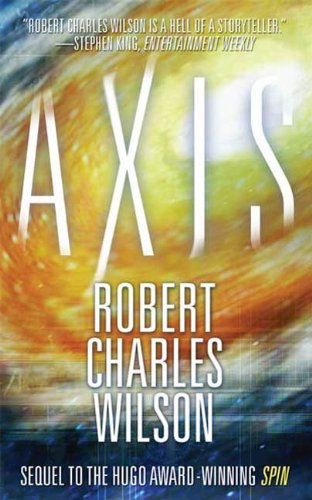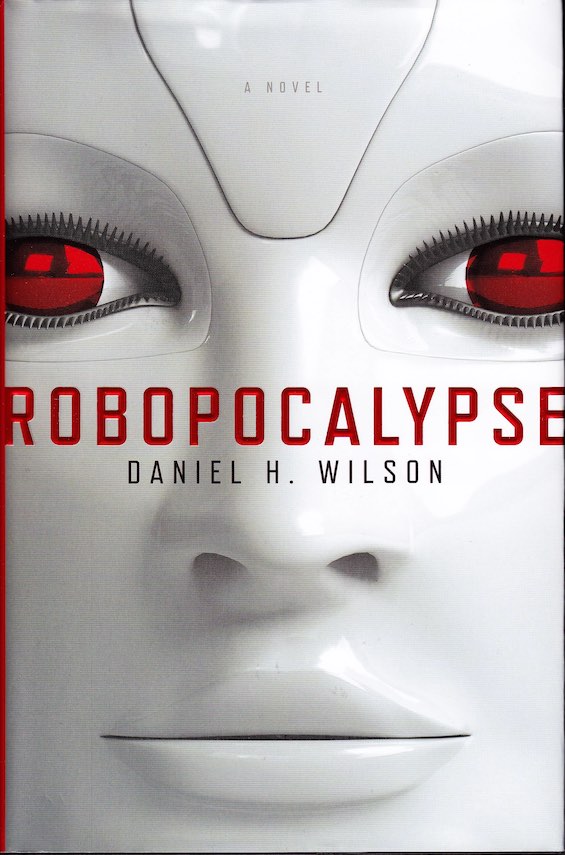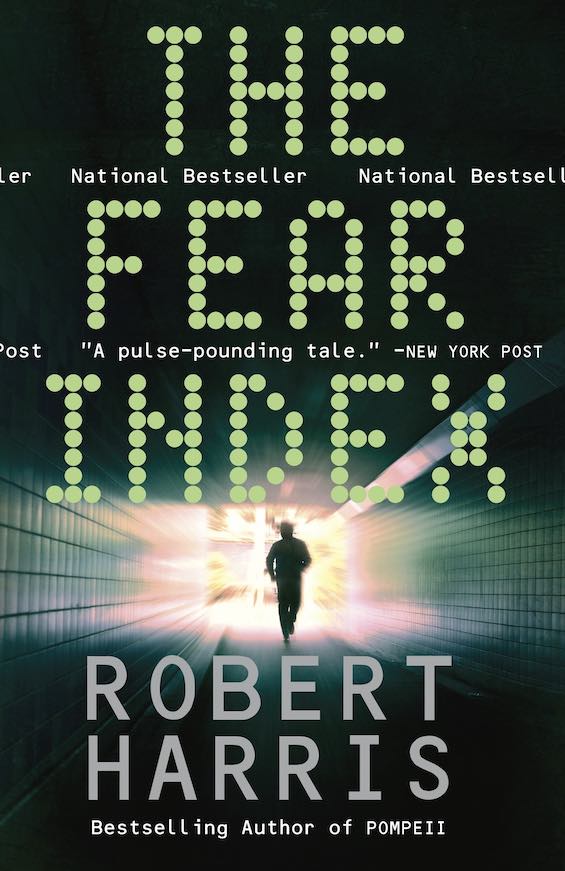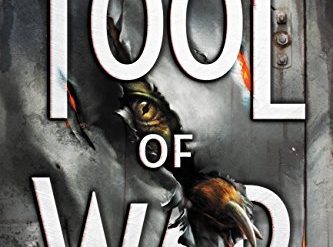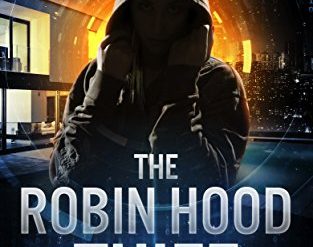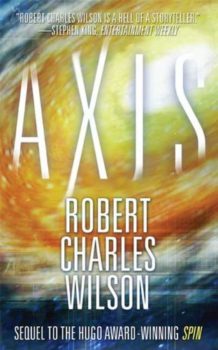
Estimated reading time: 4 minutes
Axis opens “the summer the stars began to fall from the sky.” Then, twelve-year-old “Isaac discovered that he could tell east from west with his eyes closed.” Yes, there’s something very unusual about Isaac, and as we make our way into the story we only gradually learn what that is. And then we’ll see that this is a sci-fi novel about networked intelligence.
An engrossing science-fiction tale
This engrossing science-fiction tale continues the story that began in Spin. In Robert Charles Wilson’s Hugo-winning novel, mysterious aliens called the Hypotheticals have catapulted Earth some four billion years into the future. They (or it, if it can be called an entity), linked Earth with another planet many light-years away. Ocean-going ships can travel instantaneously from one to the other through a massive construction called the Arch. Meanwhile, little time has passed on Earth. In Axis, the sequel, the action unfolds on the New World, which the colonists call Equatoria. Their number has grown in the three decades that have passed since the action in Spin.
Axis (Spin Trilogy #2) by Robert Charles Wilson (2007) 368 pages ★★★★☆
In this sci-fi novel, a networked intelligence is all-powerful
As the story proceeds, we begin to understand a little about the Hypotheticals. The event that brings the first solid hints is a massive ash-fall on Equatoria. Although the ash looks at first as though it is volcanic, closer observation reveals that small manufactured parts are in the mix. Among the ash are tiny motors, tubes of metal or plastic, and other obviously purpose-built objects as well as the seeds of small plants that quickly grow, flower, and die in the desert of Equatoria. Eventually, observers conclude that “the Hypotheticals were not one entity. They were just what happened when the logic of self-reproduction engulfed the vastness of space.” Part manufactured, part biological, they inhabit the space between the stars. If anything, they are God, a networked intelligence scattered through the galaxy. Is this the mysterious “dark matter” so long theorized about? The author doesn’t say.
A desperate quest for a long-hidden truth
Only one of the principal characters in Axis appeared in Spin, and her identity doesn’t become clear until well into the story. Among the new characters is a young woman named Lise Adams, who is on a quest on Equatoria to learn the truth about her father’s disappearance when she was fifteen. Lise lives in the New World’s largest city with Brian, a low-ranking government official who is unhappy about Lise’s obsession with her quest. She will find herself more attracted to Turk Findley, a bush pilot of sorts she meets on her way into the desert.
The pace quickens when a Martian woman named Sulean Moi crosses paths with Turk and Lise. Their destination is a desert commune where Isaac is growing up, raised by some of the thirty aged men and women who live there. It is there where the story begins to reach its climax.
About the author
Canadian-American science fiction author Robert Charles Wilson won the Hugo Award for Spin, the first book in this trilogy. He has written a total of 18 novels to date, several of which have also won awards in the field.
For related reading
My review of Spin, the first novel in this trilogy, is A Big History of the future in this popular visionary science fiction novel. And I’ve also reviewed the author’s novel, Bios (Struggling for life in a hostile alien environment).
For more good reading, check out:
- These novels won both Hugo and Nebula Awards
- The ultimate guide to the all-time best science fiction novels
- 10 top science fiction novels
- The top 10 dystopian novels
- Ten new science fiction authors worth reading now
And you can always find my most popular reviews, and the most recent ones, on the Home Page.

